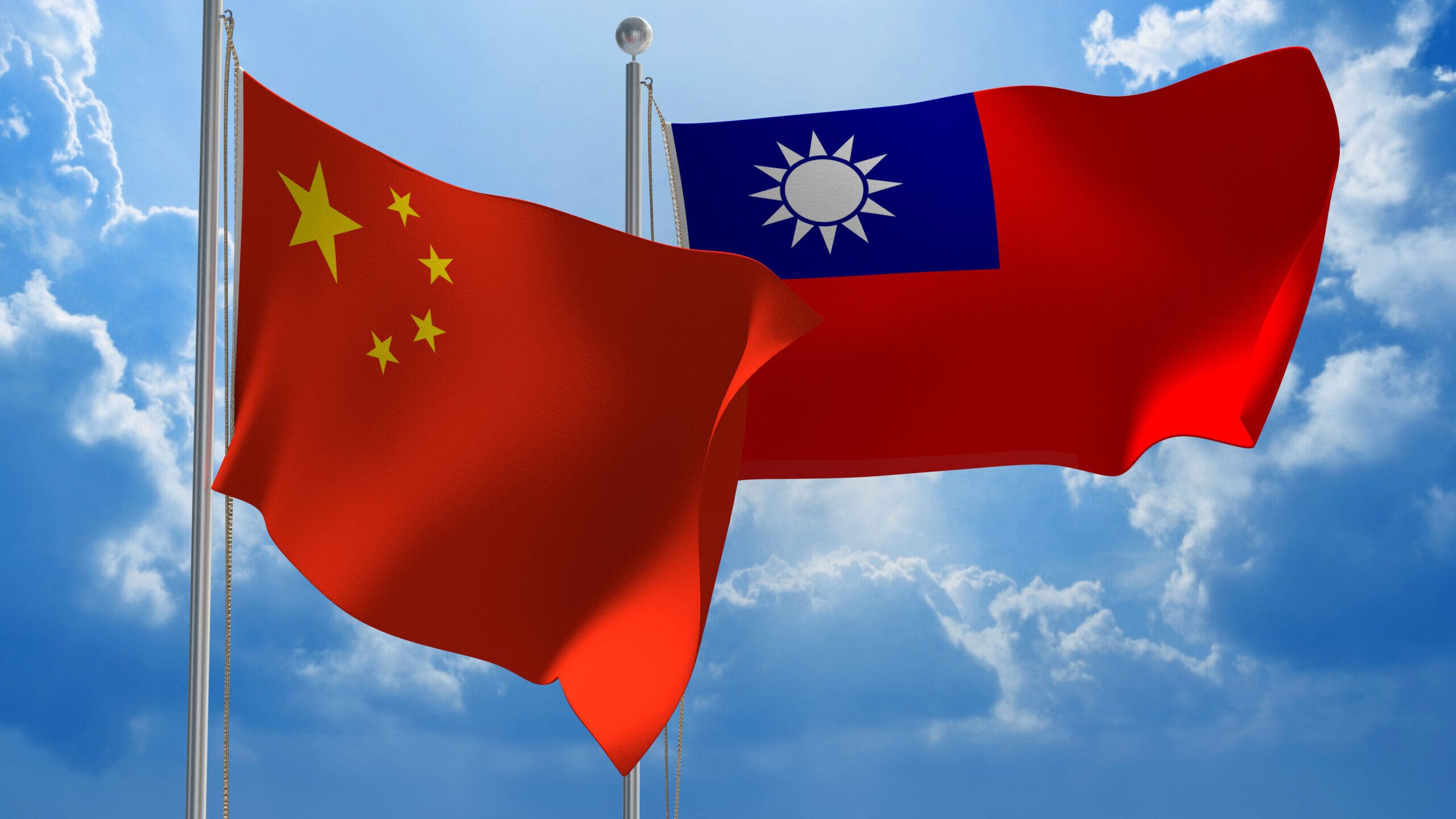Singapore’s Relationship with China
February 7, 2023

In ‘Singapore’s Relationship with China’ (Asia Rising podcast episode 198, 26 January 2023) Associate Professor Ian Chong (NUS Political Science) discusses Singapore’s complex position on China, as well as how its relationship with Taiwan possibly complicates its relationship with China.
A/P Chong first sketches Singapore’s position as a multi-ethnic society. The Singapore state also straddles East and West both economically and politically. While China is Singapore’s largest trading partner for goods, Singapore exports more services to Japan and Europe than China. At the same time, Singapore’s armed forces use American and European military technologies and therefore have a vested interest in maintaining security ties with the West.
He notes that Singapore’s relationship with China and domestic sentiment towards China are rather ambivalent. Economically, some view involvement with China as presenting a great economic opportunity for Singapore, particularly as it enables access to a large market. However, it also entails a sense of dependence, which manifests as fear of Chinese sanctions on Singapore. Furthermore, as China’s economy matures, its potential for catalysing economic growth for Singapore’s industries seems uncertain.
Politically, the two countries enjoy extensive government-to-government ties. There is some fear that Singapore’s withdrawal from these ties and collaborations might invite backlash or retaliation. The opacity of Chinese politics and its willingness to disregard international law make others wary of engaging with it politically.
Culturally, A/P Chong states that there is a strain of thought in Singapore that favours alignment with China because of the former’s large ethnic Chinese population, which gives the two countries some level of cultural and ethnic kinship. Some people express support for political alignment with China because they accept and embrace Chinese culture. However, he cautions that Singapore is, nonetheless, a multi-ethnic state and that not all ethnic Chinese support this cultural and political position.
On Taiwan, A/P Chong characterises Singapore’s position as a version of One China Policy: it does not recognise Taiwan’s claim to independence yet opposes unilateral changes to the status quo.
While the Singapore Armed Forces has training grounds in Taiwan, A/P Chong notes that Singapore has similar military training facilities and agreements with other countries as well, including Australia and Brunei. He also notes that the Singapore Armed Forces has strong historical ties to Taiwanese armed forces, as veterans from the latter helped train and build up Singapore’s Navy and Air Force. Singapore’s preference for maintaining a training ground in Taiwan rather than China also has to do with its reliance on American and European military technology. It would be difficult for Singapore to maintain its supply of military technology with these regions if it moved its training grounds from Taiwan to China.
Crucially, Singapore’s relationship with China is a complex one, which involves more actors than just the two countries. Listen to ’Singapore’s Relationship with China’ on the Asia Rising podcast by La Trobe University here: https://soundcloud.com/asia-rising/singapores-relationship-with-china
